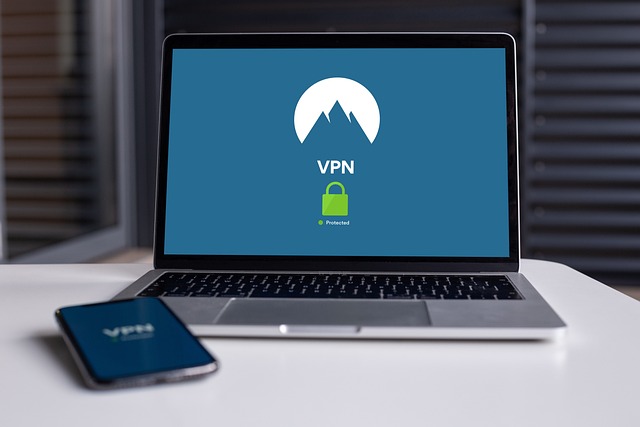
The Essential Guide to VPN Software for IT Professionals
The Essential Guide to VPN Software for IT Professionals
In today’s fast-paced world of information technology, where remote work and data security are paramount, VPN software has become an indispensable tool for IT professionals. A VPN, or Virtual Private Network, provides a secure and encrypted connection to the internet, allowing users to protect their sensitive data and maintain their privacy online.
As an IT professional, understanding how VPN software works and the various options available is crucial. VPNs can shield your organization from cyber threats, ensuring that sensitive information remains confidential and protected from prying eyes. With cyberattacks on the rise, the emphasis on encryption and secure connections has never been more critical. When teams are distributed around the globe, using VPN software can standardize security protocols across remote connections.
Why IT Professionals Need VPNs
IT professionals work with various types of sensitive information, from user credentials to proprietary company data. VPN software allows IT teams to manage remote access securely, ensuring that employees can work from anywhere without compromising security. A robust VPN not only encrypts internet traffic but also masks the user’s IP address, adding an extra layer of anonymity.
Choosing the Right VPN Software
When selecting VPN software, consider factors such as scalability, encryption standards, and compatibility with existing systems. Not all VPNs are created equal; some may not support your organization’s bandwidth needs or might not offer the level of encryption necessary to keep data secure. Recommendations often include well-reviewed providers known for their security features and customer support.
Additionally, the usability of the software is a key factor. As an IT professional, you’ll want a VPN solution that your team can easily adopt. A user-friendly interface can significantly reduce the time spent on training and troubleshooting. Moreover, consider whether the VPN service is capable of providing dedicated IP addresses, which can be critical for accessing certain resources securely.
Implementing VPN Software in Your Organization
Implementing VPN software effectively requires planning and execution. Start by assessing your organization’s specific needs and existing security policies. Educate your team about the importance of using a VPN, not only for security but also to comply with regulatory requirements where applicable. Training sessions could help in demonstrating how to use the software correctly and understanding its significance in daily operations.
Monitoring and maintaining the VPN software is equally important. Regular updates and audits can ensure that any vulnerabilities are patched and that usage is compliant with your organization’s security policies. Establish clear protocols for VPN use, outlining when and how employees should connect to the VPN.
Future Trends of VPN Software
The landscape of information technology is constantly evolving, and so is VPN technology. Emerging trends indicate a shift towards integrating AI and machine learning to enhance security measures and improve user experience. As technology advances, be on the lookout for VPN software that not only protects your data but also anticipates potential threats, providing proactive solutions.
Considering the growing trend of remote work, the demand for reliable VPN solutions will only escalate. IT professionals must stay informed about the latest developments in VPN technology to combat ever-evolving cyber threats efficiently.
In conclusion, as the need for secure remote access becomes increasingly vital in the information technology sector, VPN software stands as a cornerstone of a robust cybersecurity strategy. Keeping abreast of developments in this area underscores the importance of VPNs in safeguarding sensitive data and enhancing overall operational security.



